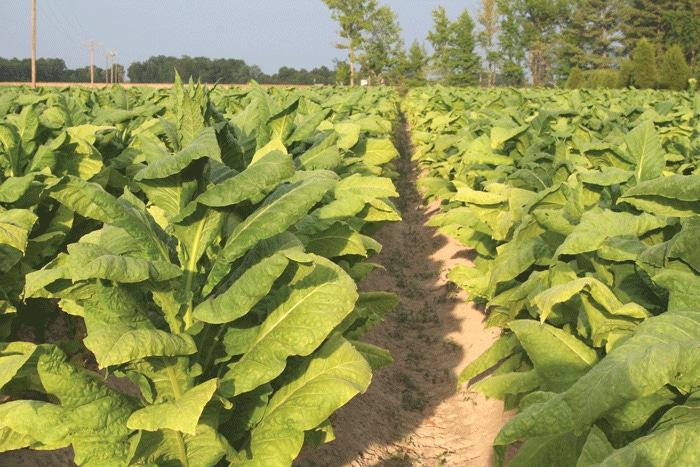August 4, 2011

More than 30 Virginia farmers and rural businesses applied for the most recent offering of federal grants to increase fuel efficiency and/or install alternative energy sources.
Alternative energy projects are dominating the grant requests.
The Rural Energy for America Program, administered by the U.S. Department of Agriculture, offers grants for as much as 25 percent of the cost of more efficient heating and cooling systems and other energy sources such as wind and solar power.
It also offers participants an energy audit to determine where improvements can best be made, according to Laurette Tucker, USDA rural development and energy coordinator for Virginia.
She said grant applicants in previous years had focused on energy efficiency projects, but that tide is changing.
"So far this year, we have about 30 applications on hand, which is a substantial increase for Virginia," Tucker said. "What we’re finding is the majority this year tend towards solar, such as for hot water generation. We have one business group that has about 11 projects submitted, and all of them are for solar."
Tucker said there are two pots of grant money available, one for projects costing $20,000 or less and one for more than $20,000. This fiscal year Virginia has about $400,000 available for projects of less than $20,000 and $641,000 available for larger projects.
Applicant Jason Clary, a Brunswick County tobacco farmer, said he’s sure more efficient energy use would make a difference in his bottom line.
"We plan to retrofit our current heat exchanger in our kiln barns with a new one we bought from Philip Morris. The design was developed with the help of tobacco researcher David Reed at the Southside Agricultural Research and Extension Center in Blackstone," Clary said.
"We burned approximately 150 gallons of propane last year, and this would cut that by 30 percent. We’ve already reduced energy consumption by putting in automatic temperature controls. For me, it came down to dollars and cents."
Page Wilkerson, a Halifax County hog producer, hopes to make improvements to his barn ventilation and heating systems to cut LP gas and electricity use. "We’re just doing some improvements in the system to make it more efficient."
You May Also Like




